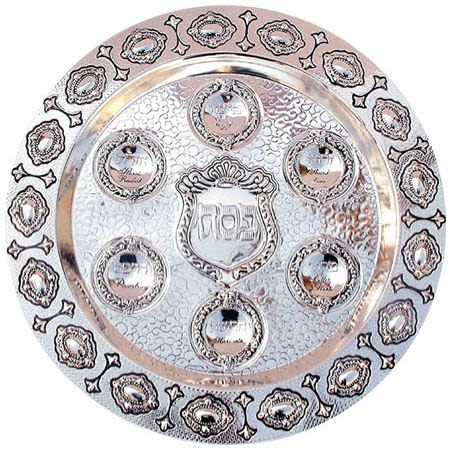
Standing Alone
Rabbi Arush says that anyone who wants to serve Hashem in Truth must be willing to be separate from others as though they do not exist. What does he mean?

Lately I’ve been immersed in Rabbi Shalom Arush’s book The Garden of Wisdom and I haven’t been able to put it down. I don’t think I have ever been more positively influenced by a book – even one by Rabbi Arush himself.
Today I came upon a passage in The Garden of Wisdom that raised a question in my mind. Rabbi Arush said that in his service to Hashem, Abraham remained so separate from others that it was if they did not exist. Rabbi Arush said further that any of us who want to want to serve Hashem in Truth must be willing to do the same – to be separate from others as though they do not exist.
How can we reconcile this teaching that Abraham lived his life as though there was only himself and Hashem with what the Torah says about Abraham in many other places? The Torah actually describes Abraham as the kindest and most hospitable man that ever lived –  the consummate ‘people-person’ who would go to any length to spread peace and the knowledge of Hashem to anybody.
the consummate ‘people-person’ who would go to any length to spread peace and the knowledge of Hashem to anybody.
When Hashem said to Abraham “…I will make you the father of a multitude of nations,” Hashem in effect appointed Abraham to be the father of the entire world. Can you imagine the level of interpersonal savvy that Abraham must have possessed for Hashem to pick him for this role? How could Abraham have been both a religious zealot who separated himself from the world and a loving father-figure to all of the nations? Certainly this cannot be what Rabbi Arush meant when he said that Abraham lived his life as though he were alone with Hashem.
In order to understand the true intent of Rabbi Arush’s words, we need to learn another one of his teachings that he explains at length in The Garden of Wisdom. Rabbi Arush tells us that the evil inclination is constantly trying to upset us by convincing us to not be completely happy with what Hashem gives us. By inciting us to draw comparisons between ourselves and others who have seemingly “more” or “less” than we do, the Evil One would like us to forget that no two people have the same destiny or purpose. He wants us to forget that Hashem decided long ago, at the time He created the world, exactly what each of us would need in order to fulfill our individual and collective destiny’s.
Since each of us can only accomplish what we need to accomplish with exactly what we have been given, it is not at all relevant to look at what other people have or don’t have in relation to ourselves. People without emuna find this impossible to do – they are constantly worried about how they measure up to their friends and neighbors financially, socially, educationally etc. Those with emuna, however, are like the simple shoemaker in the Rebbe’s story who never stopped praising and enjoying what he was given – despite how meager it was – or despite the comparisons that his wife made between his work and the work of more “successful” shoemakers.
Now we can understand what Rabbi Arush meant when he said that in his service to Hashem, Abraham remained separate from others as though they did not exist. The answer is that Abraham only cared about the specific endowments and skills that he was personally given by Hashem in order to fulfill his life’s mission. Abraham understood that having something that was given to another would do absolutely nothing to help him accomplish his spiritual mission – this is what was meant by his being separate from people – he was completely independent of family, friends, children, relatives, and Kings – literally everyone except Hashem. It was Abraham’s faith that his destiny was solely in Hashem’s hand’s that gave him the strength to stand up to the powerful and oppressive idol worshipers who sought to have him destroyed.
At the same time, that Abraham did not need anything from anyone in order to serve Hashem; he still maintained a remarkably close connection to people of all kinds and was intimately involved in helping them. Abraham became close with people and won their trust precisely because he was so independent of them. Abraham had no reason to envy or dislike anybody. If someone succeeded at something he could rejoice for the person since that person’s success also helped the world and thus pleased Hashem. Someone with emuna will pray for others to succeed and will be happy for them when they succeed because he knows that he will gain absolutely nothing from another person’s setback or “failure” – in fact it will delay the coming of the final redemption and thereby hurt him too.
Someone who lives his life with simple emuna appreciates his lot so much that his greatest pleasure is in helping someone else to appreciate his lot. Shlomo Carlebach once said that the secret to being able to love everybody is to ‘be nobody’s slave.’ Hashem is happy when we only need Him; when we turn only to Him; when we fear only Him and beseech only Him. By strengthening ourselves to rely on Hashem alone, Hashem gives us the power and privilege to assist Him in helping others.











Tell us what you think!
Thank you for your comment!
It will be published after approval by the Editor.